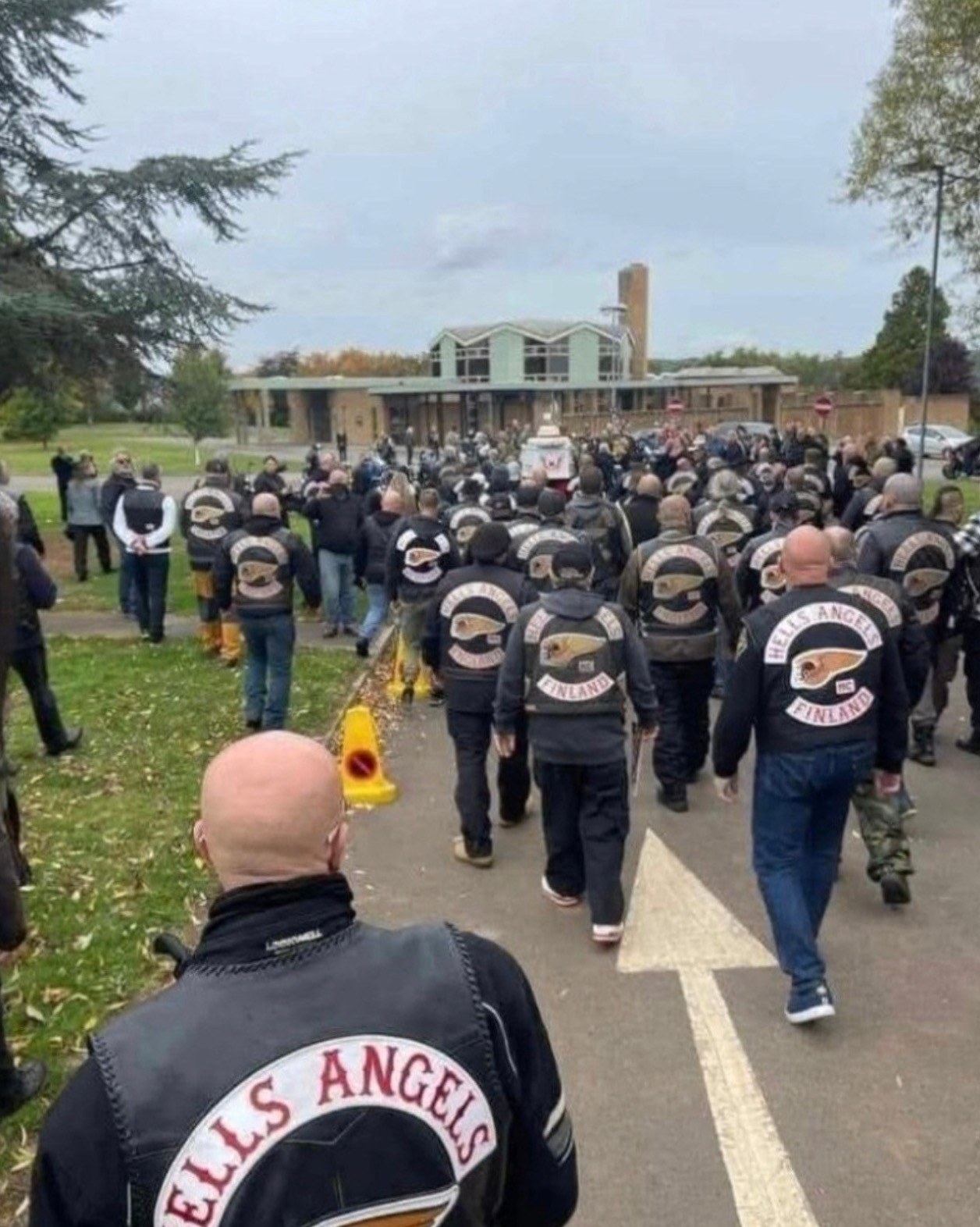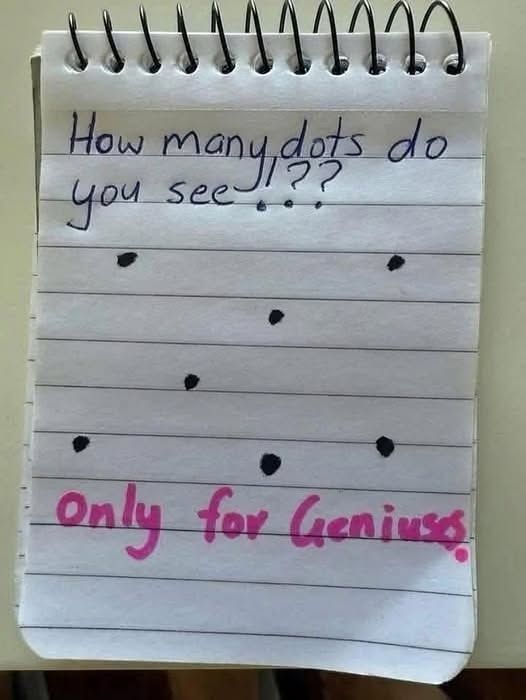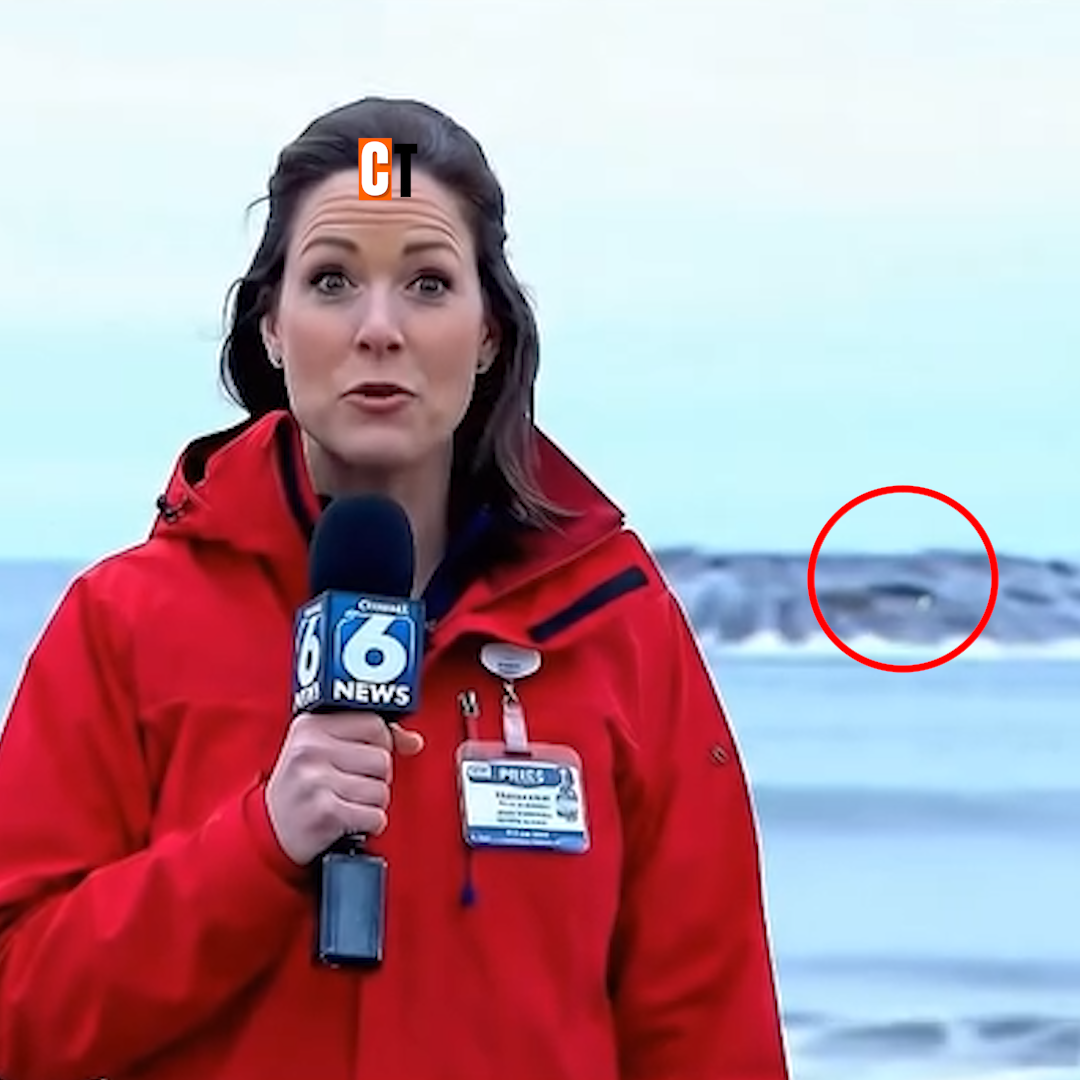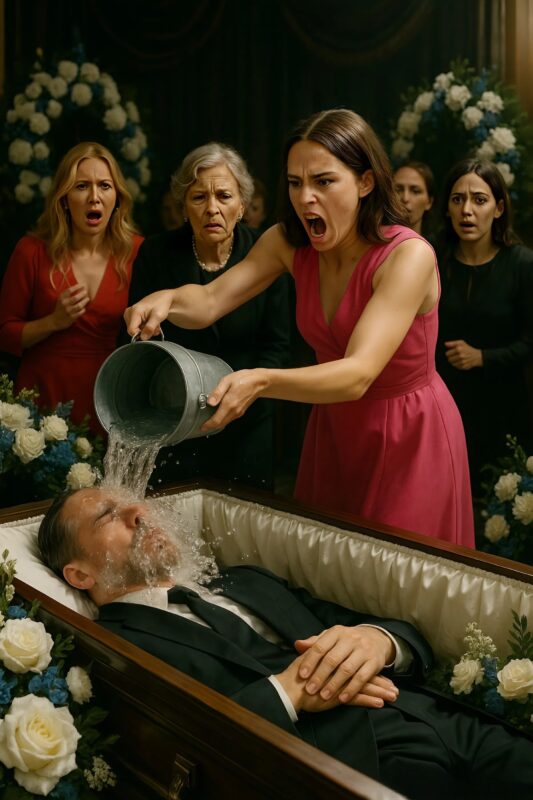Nobody expected fifty bikers at my son’s funeral. Especially not the four teenagers who drove him to it.
I’m not the kind of man who cries. After twenty six years working as a high school janitor, you learn to keep your emotions on lockdown. But when that first Harley rolled into the cemetery, then another, then another, until the ground trembled under the weight of all that thunder, something inside me broke wide open.
My son Mikey was only fourteen when he took his own life in our garage. He left a note. Said he couldn’t take it anymore. He named four classmates. “They tell me to kill myself every day, Dad. I just want it to stop. Maybe now they’ll be happy.”
The police called it a tragedy. Said it wasn’t criminal. The school sent their thoughts and prayers. The principal suggested we hold the service during school hours to “minimize disruption.”
I’d never felt so helpless. I couldn’t protect him while he was here. I couldn’t even get justice after he was gone.
Then Sam showed up at my door. Big guy. Wore a leather vest and a beard that touched his chest. I recognized him. He worked at the gas station where Mikey and I used to stop for slushies after therapy.
“I heard about your boy,” he said, standing there awkwardly. “My nephew did the same thing a few years back. Different school, but same reason.”
I just nodded. Didn’t have the strength to say much.
Sam looked past me, like it hurt just to speak. “Nobody stood up for my nephew. Not at the end. Not after. The kids who tormented him never had to face what they did.”
Then he handed me a slip of paper. It had a phone number written on it.
“You call if you want us there. We don’t cause trouble. Just… show up.”
At first, I didn’t. I wasn’t sure what to make of it. But the night before the funeral, I found Mikey’s journal under his mattress. There were entries about everything those boys did. Every time they humiliated him, threatened him, laughed at him. He had screenshots of messages telling him to end his life. Some of them said the world would be better without him in it.
My hands were shaking as I picked up the phone and dialed the number.
Sam answered on the second ring. When I told him who I was, he asked how many people I expected at the funeral.
“Maybe thirty,” I said. “Mostly family. A few teachers.”
“And the boys who bullied him?”
“They’re coming,” I said. “With their parents. To show support, apparently.”
Sam didn’t say anything right away. Then he said, “We’ll be there at nine. You won’t have to worry.”
I didn’t understand what he meant until the next morning. They came in waves. Leather vests, solemn faces, some with military patches and others with the word “Angel” stitched across their backs. They stood shoulder to shoulder, forming a quiet line leading up to the chapel. A corridor of protection.
The funeral director rushed up to me in a panic. “Sir, there are dozens of bikers arriving. Should I call the police?”
I looked him straight in the eye and said, “They’re invited.”
When the four boys arrived with their parents, I saw the confusion on their faces turn into fear. Sam stepped forward and stood between them and the chapel. He didn’t say anything at first. He just looked at them. Not angry. Just steady. Solid.
The father of one of the boys approached me during the service. Said his son was uncomfortable. Said the bikers were intimidating. I looked at him for a long moment.
“Your son made mine feel small and scared every single day until he couldn’t take it anymore,” I said. “Now he’s gone. If your son feels even a fraction of that today, good. Maybe he’ll remember what it feels like.”
The bikers didn’t threaten anyone. They didn’t raise their voices. But their presence said everything that needed saying. They stood for Mikey when no one else would.
After the service, one of them handed me a pin shaped like angel wings with Mikey’s initials engraved on it. “We make one for every child,” she said. “So they’re never forgotten.”
That’s when I understood. These people, these strangers, had lost their own. Sons. Daughters. Nieces. Nephews. Every patch on their vests was a story. Every mile they rode was a promise that no other child would be bullied into silence without someone standing up.
A few days later, Sam called to say they were organizing a school visit. They wanted to speak to the students. Share stories. Talk about what bullying really does. I said yes.
The principal wasn’t thrilled, but I gave him a choice. Either let them in or I’d release Mikey’s journal and those messages to the press. He agreed. Reluctantly.
That day, the same kids who once ignored Mikey sat in silence as bikers stood on stage and told them about loss. About cruelty. About how words can kill.
One girl stood up and admitted she’d seen Mikey being bullied and said nothing. Then another. Then another.
By the time it ended, something had shifted in that room. You could feel it. Like the weight of what they’d done, or failed to do, had finally landed.
The four boys sat in the front row the entire time. They didn’t speak. They didn’t move. They just listened.
Those boys didn’t come back to school after that. They transferred. Quietly. Their families said it was for “a fresh start.” Maybe they’ll use it. Maybe they won’t. But they’ll never forget what it felt like to be stared down by fifty people who stood for a boy they never met.
I quit my job at the school. Couldn’t walk those halls anymore. I sold the house. Moved somewhere quieter. Somewhere I don’t see the garage every day.
I still keep Sam’s number saved. Sometimes I ride with them. I even bought a motorcycle. It’s not about the bike. It’s about the noise. The presence. The promise that no child gets forgotten.
Last week, we stood outside another chapel. Another funeral. Another family. A father walked up to me, barely holding it together. “Are you with them?” he asked.
“I am,” I said.
He nodded. “Thank you.”
I just put a hand on his shoulder.
“For your son,” I said.
And then we walked toward the chapel together. Not as strangers. But as fathers. As thunder rolled low in the sky, like maybe the world itself was mourning too.
Maybe the sound of all those engines is what’s left behind when words fail.
Maybe it’s how the broken say we’re still here.
And we will stand. For every child. For every Mikey.
Always.




